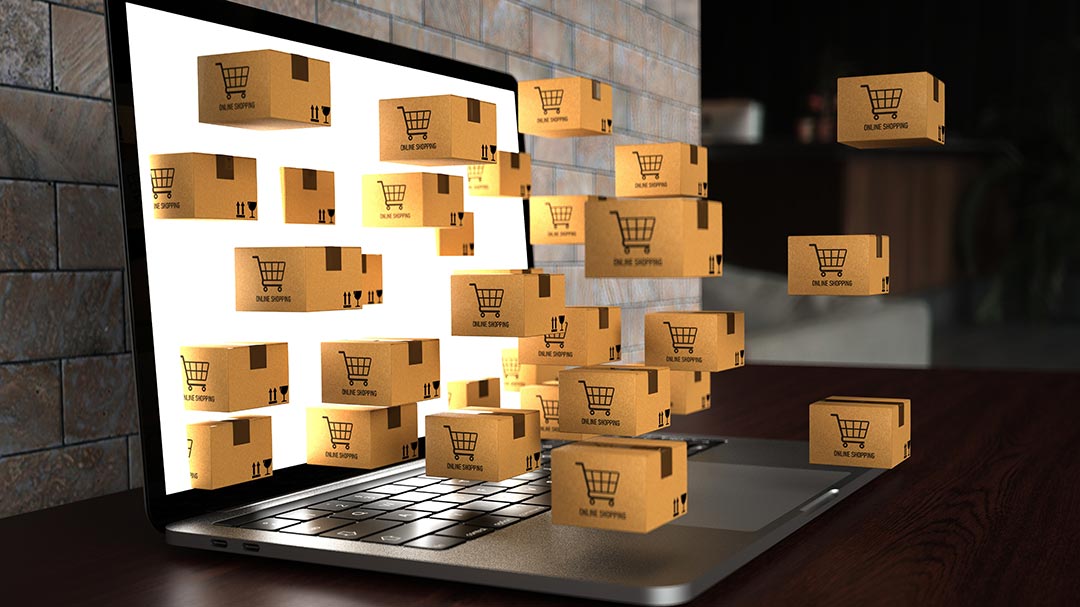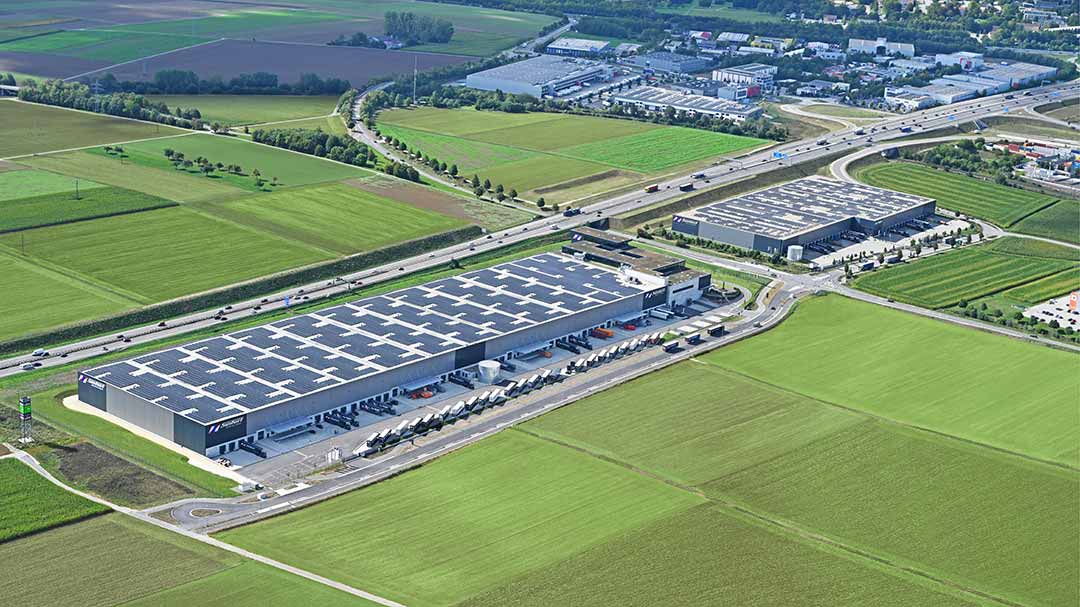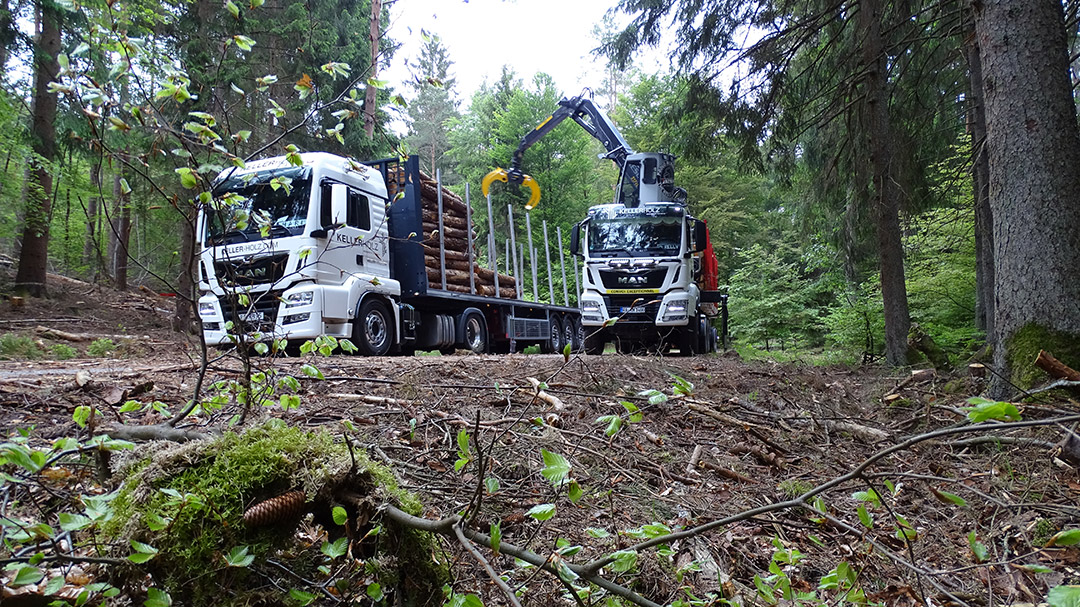Text: Juliane Gringer
Photos: Shutterstock, UPS
The pandemic has permanently changed consumers’ shopping behavior: In lockdown times, Germans bought significantly more online – and many want to stick with it. This pushes the classic peak season at the end of the year with Christmas shopping, Black Friday and the like even more strongly. Parcel service providers like UPS are preparing all the more thoroughly for this time.
It starts already at the end of October and has one of its highlights with Black Friday at the end of November: the “peak season” of online retail, in which particularly many people looking for gifts or bargains shop in digital stores. These vie for the favour of customers with large discount campaigns around “Cyber Monday” and “Black Week”. According to “Trusted Shops”, around three million orders were placed in Germany on Black Friday 2020 alone – 32 percent more than a year earlier. Immediately afterwards, the Christmas shopping season continues. And who brings the presents? The parcel delivery service! The service providers have been preparing for months for the big final spurt at the end of the year – which, after almost two years of pandemic, is likely to be even more intense than it already is.
Online retail has gained many new customers during the pandemic
“2021 is an exceptional year,” explains André Stein, human resources director for UPS in Germany, Austria and Switzerland. “The parcel volume has already reached dimensions during the lockdowns that we usually only know from the Christmas business. ” In 2020, 400 million more shipments were sent in Germany than in the previous year, according to the Bundesverband Paket und Expresslogistik e.V. (Federal Association of Parcel and Express Logistics) – a jump of 10.9% to 4.05 billion. Those who were already used to buying online before the lockdowns tended to do so even more frequently. Many brick-and-mortar stores were forced to close or, in some cases, had limited access. A number of them have reopened online shops – and are maintaining them as part of a multi-channel strategy. As a result, online retailers were also able to attract many new customers who had never or only rarely shopped online before. Usually, the third quarter is the weakest of the year due to seasonal factors – in 2021, however, according to the Bundesverband E-Commerce und Versandhandel Deutschland e.V. (German E-Commerce and Distance Selling Trade Association), revenues in interactive trade increased significantly from July to October: by 14.3 percent to EUR 22.467 billion. For e-commerce, this was the strongest third quarter in five years.

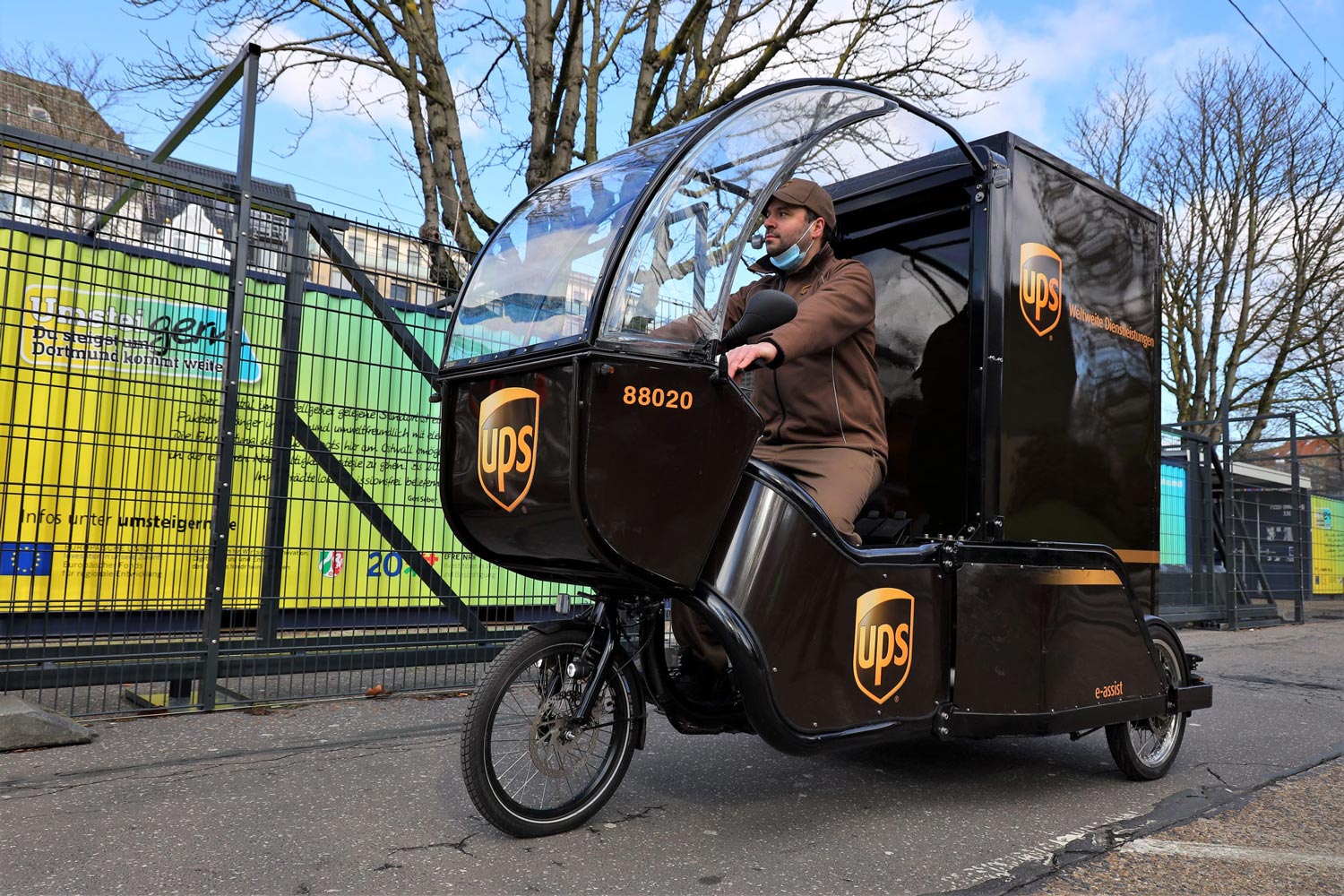
Consumer behaviour changes permanently
“We assume that consumer behaviour will change permanently as a result of the pandemic and that the volume of parcel shipments will continue to rise,” says André Stein. This is also borne out by a Europe-wide study conducted by the company: 15 percent of those surveyed would like to make their purchases, including groceries, completely or mainly online after the pandemic. Before, it was 10 percent, during the pandemic 33 percent. Forty-eight percent say they plan to shop online more after the pandemic primarily because of the convenience of having items delivered. “That’s why we started 2021 extra early to prepare for peak season at the end of the year and will keep many measures permanent,” Stein said. All teams in the company are drawing on the experience they have built up over the past years and decades – both in terms of planning tours and in terms of the equipment required, building capacities or all operational processes. UPS is constantly expanding its fleet and sometimes leases additional trucks. The service provider’s fleet of brown delivery vehicles is designed for up to 7.5 tons: “We have space and use the space in the vehicles to the last cubic centimetre. “
»We expect that consumer behavior has permanently changed as a result of the pandemic and that the volume of package shipments will continue to increase.«
André Stein, human resources director UPS Germany, Austria and Switzerland
The people on the last meters decide
Attracting employees with sustainability
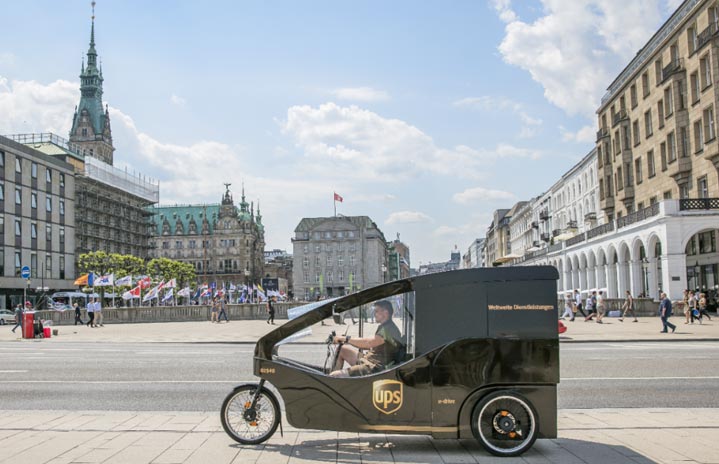
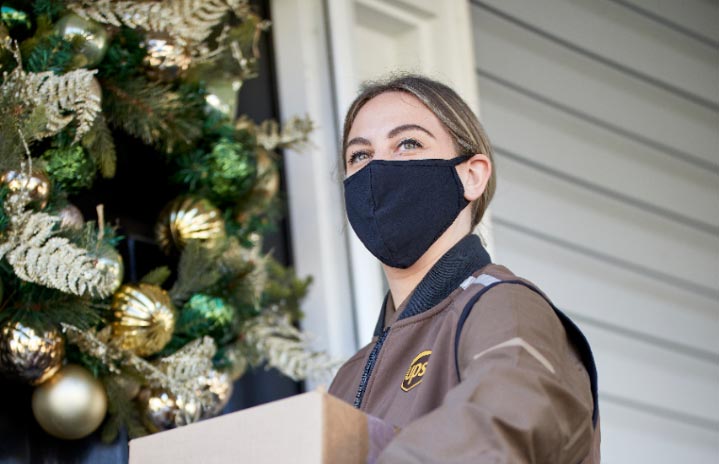
Create more parking spaces – and keep them free
»We can only create jobs if they are also easily accessible – and preferably 24/7. Because for our 24/7 jobs, we also need 24/7 transport links.«
André Stein, Human Resources Director UPS Germany, Austria and Switzerland

